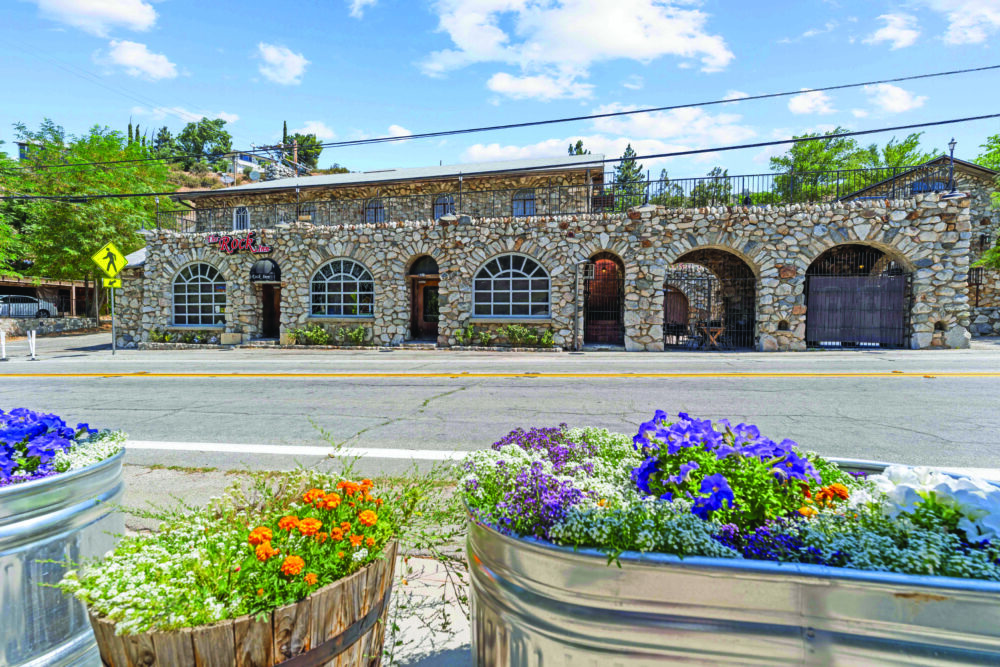Copyright Chicago Tribune

Patrick O’Donovan obviously wasn’t around in the 1840s for the great famine in Ireland. But the more the country’s minister for culture, communications and sport researches and studies the subject, the angrier he gets. Even though it happened so long ago, O’Donovan said it should not be forgotten. He is passionate about how the British government treated the Irish causing millions of deaths and defections from that country at that time. “There were those who were dragged out of workhouses and died like dogs on the side of the road,” O’Donovan said. “In many cases the stench became so overpowering that somebody would eventually do something with the lying corpses that laid everywhere and were strewn everywhere across the so-called United Kingdom of Great Britain and Ireland. “This is something I think the Irish will never forget. It is in our DNA. It runs deep. And while there is a relationship now with us and our nearest neighbor, for me this is unfinished business.” O’Donovan was the keynote speaker at the 2025 International Famine Commemoration Sunday at Gaelic Park in Oak Forest. This is an event that has been held in various cities over the years including New York, Sydney, Liverpool and Toronto. The Gaelic Park program featured speeches and remarks from a variety of dignitaries, songs from the Chicago Irish Singers, bagpipe music from retired Chicago detective Jon Harmening, a wreath-laying ceremony and a Mass at Gaelic Park’s Emerald Room celebrated by the Rev. Anthony Brankin. Brankin is the man who sculpted the 10-foot, 4-inch Gaelic Park Memorial bronze statue, which was unveiled in 1999. Sunday’s ceremony, which attracted more than 400 people, took place in front of that artwork. “This monument in many ways is a stark reminder to all of us of the journey that we have logged,” O’Donovan said. “Whether you come to Gaelic Park to play a hurling match or whether you come here on pilgrimage to this monument, the reality is that you are walking in the footsteps of those who walked before you. “They had a very difficult journey to make a life for themselves and their children that would be somehow better than the misery that they were left with on the island of Ireland.” Gaelic Park President Bill O’Sullivan said he was proud and happy that Gaelic Park was chosen to host this year’s commemoration. “Colonial Ireland in the mid-19th century had the immense suffering of the Irish people — our ancestors,” O’Sullivan said. “These are events that shaped Ireland and beyond. It’s one of the reasons that many of us live here today. We must always remember.” Patricia Theresa Flynn, vice president of the Metropolitan Water Reclamation District of Chicago, shared some perspective of what the results of the famine mean today, including the work of many Irish immigrants who came to the United States because of what she called “inflicted famine and imposed hardship.” “We remember the journey that begins in sorrow but grew into strength,” she said. “When we look at the skyline of Chicago today — its towers of glass and steel — it’s easy to forget the great city that first rose from the sweat, the strength and the hope of working hands. “Long before there were skyscrapers, there were shovels. And behind those shovels were the Irish.” O’Donovan said the relationship between Britain and Ireland has never been better and praised the “adult-type” of approach that has been taken by successive Irish governments and leaders of Ireland to make sure that the relationship is better. But, he said history needs to be remembered. “There is an element to, in many cases, gloss over what happened the in 1840s. For me, that’s something that we cannot do,” he said. “And we must not do. “These people showed a lack of compassion, the likes of which the world has never seen and, please God, we will never see again.” O’Donovan said people should think about the Irish plight and how severe punishments would occur if anyone treated people the way the Irish were treated by the British government in the 1840s. “When St. Patrick’s Day comes around and we turn rivers and everything green, it looks great and we have great craic,” he said. “But there a stark message behind it. “We are all survivors of the greatest atrocity that was ever committed by a government on any group of innocent people — ever.” Jeff Vorva is a freelance reporter for the Daily Southtown.



